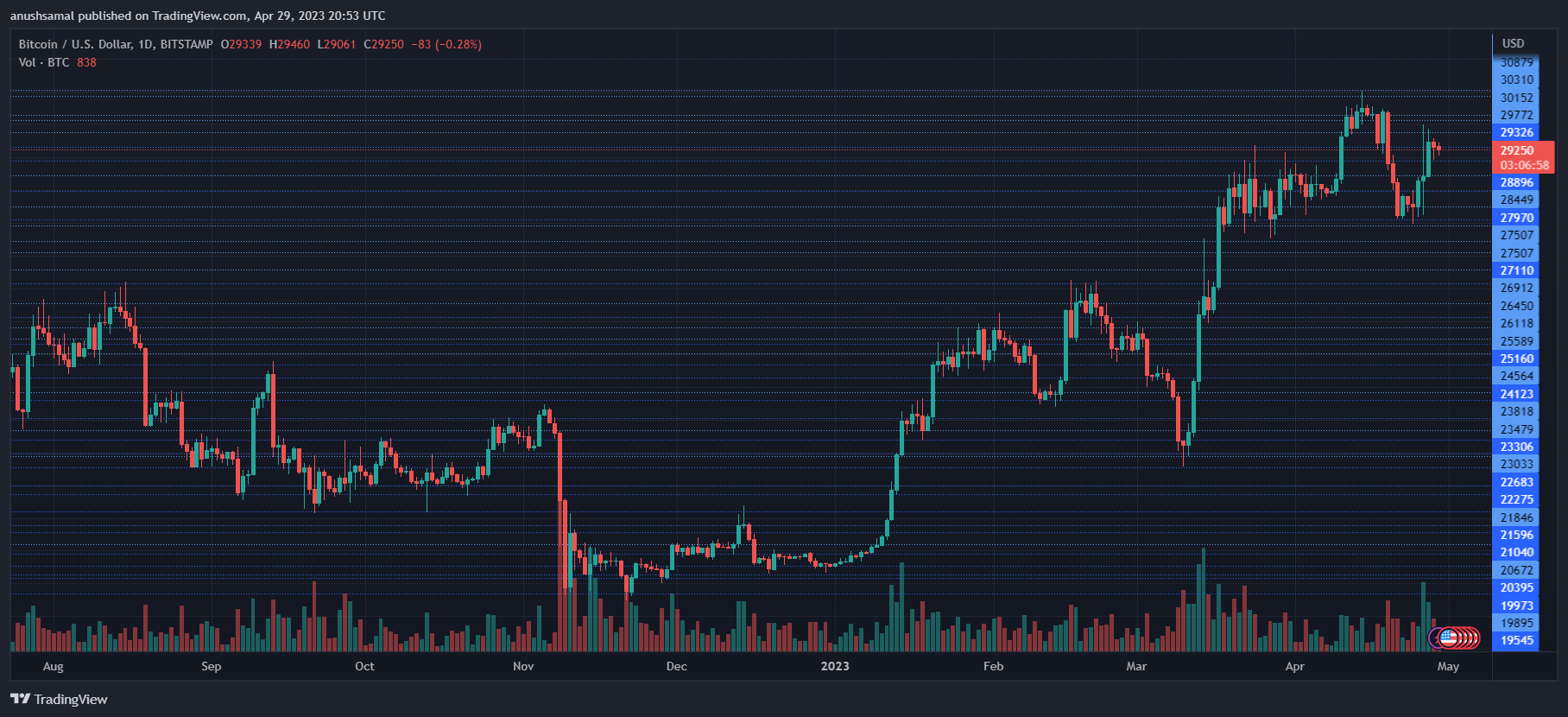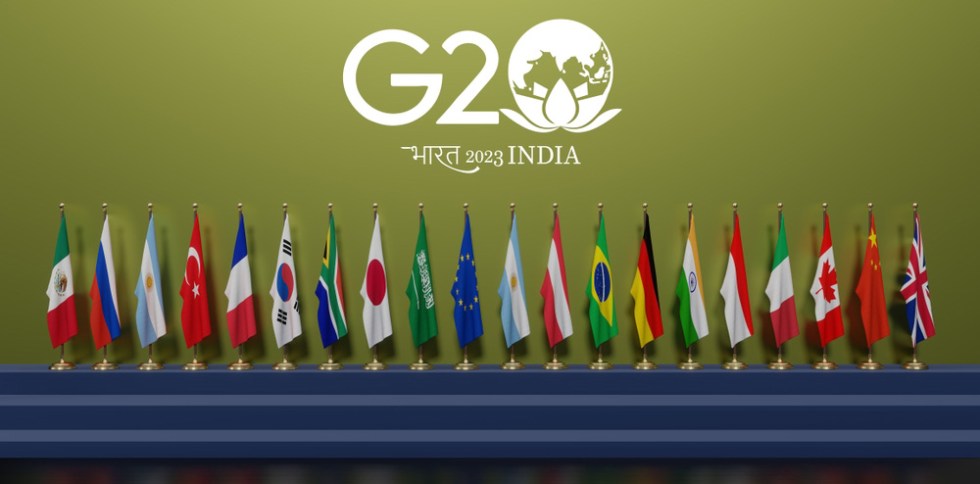India has recently assumed the Presidency of G20, which presents an opportunity for India to showcase its leadership to the world. The G20 is an organization that works to address critical issues related to the global economy, including international financial stability, climate change mitigation, and sustainable development.
The G20 Summit is a significant moment in the history of India and it is anticipated to have a far-reaching impact on how future regulations and advancements in the field of cryptocurrency will be shaped both within India and worldwide.
The G20 Summit represents a crucial moment for world leaders to engage in a meaningful conversation about the regulation and growth of the cryptocurrency sector.
With representatives from major economies such as the United States, China, and the European Union, the G20 is uniquely positioned to foster global cooperation on this vital issue.
This is an unprecedented opportunity to discuss the challenges and opportunities of the rapidly evolving world of cryptocurrencies, including their impact on the global economy and financial stability.
As one of the fastest-growing economies in the world, India’s role in shaping the future of the cryptocurrency sector is significant. By participating in the G20 Summit, India can contribute to the development of global policies and regulations that will shape the future of this rapidly evolving industry.
Conversation About Crypto In G20
The Indian government is taking steps towards regulating digital assets through two key initiatives. Firstly, it is in the process of introducing dedicated legislation known as the Cryptocurrency and Regulation of Official Digital Currency Bill.
Secondly, digital assets, including cryptocurrencies and NFTs, have been included in India’s tax regime following the lower house’s decision during the 2022 budget.
The G20 has different tracks to operate. The most significant ones are the Sherpa Track and the Finance Track. The Sherpa Track has 13 Working Groups and 2 Initiatives to talk about priorities and give advice.
The Finance Track is the most important for the (Virtual Digital Assets (VDA)/crypto ecosystem. It includes evaluating the risks of crypto-assets and policies, and it’s under the Financial Sector Issues working group.
The government has brought crypto under the Prevention of Money Laundering (PMLA), which requires digital-asset platforms to follow anti-money laundering standards for banks and stock brokers.
Riding The Wave Of Global Trends
This aligns with the global trend. The Indian G20 Presidency has proposed a technical paper by the International Monetary Fund (IMF) and Financial Stability Board (FSB) to help global policy formulation on crypto assets.
Crypto, alternative payment, and savings products can serve similar functions to bank accounts and payment cards, but they are easier to obtain as they only require a functional crypto address for sending and receiving transactions.
India already has high crypto adoption rates compared to other G20 countries. In fact, according to a survey, 8% of respondents in India reported owning Bitcoin (BTC).

